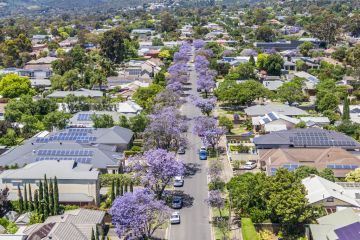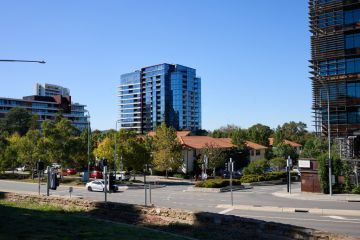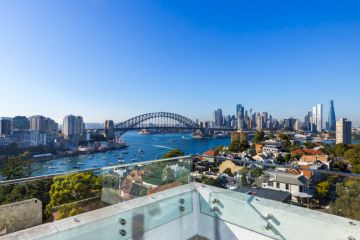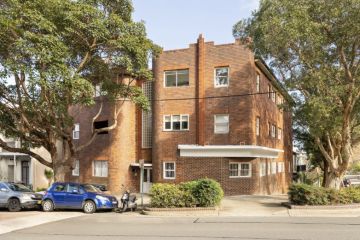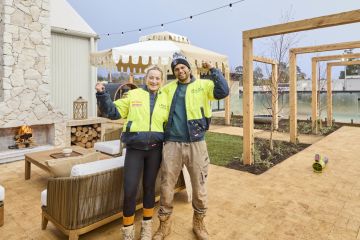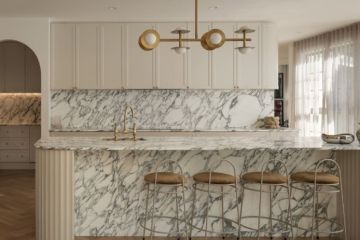Why these entrepreneurs put business ahead of the great Australian dream
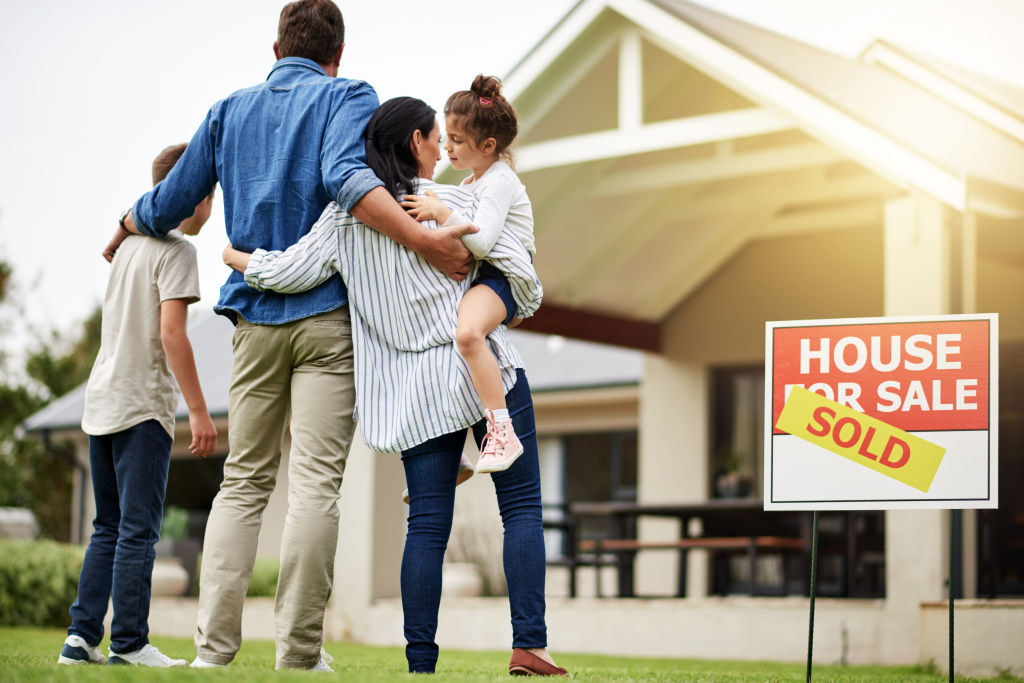
When COVID-19 hit David Toby had to think quick. His clients are in horse racing, fashion and gyms, some of the sectors that have been the hardest hit by the pandemic. As a result, almost overnight his digital marketing agency Pathfinder Alliance lost 40 per cent of its business.
“It was pretty scary. I had wages to pay and other costs that weren’t going anywhere, so I was forced to draw down $10,000 from my mortgage,” he explains.
Toby had luckily been adding money into an offset facility over the previous five years, which he was able to draw on to weather the storm. Aside from salaries, the money went towards rent and a host of other costs he needs to run the business, such as monthly software subscriptions.
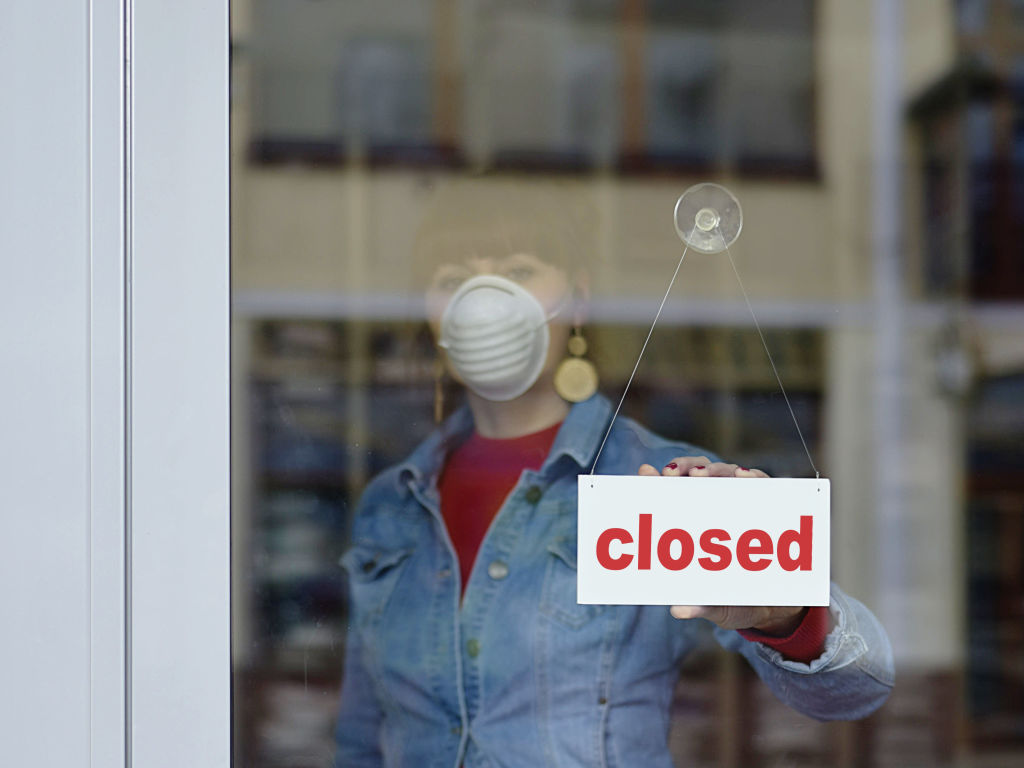
“I ended up taking out another $10,000 from my super to keep things afloat. Fortunately, by the time we’d spent that money we were able to access government incentives such as JobKeeper,” he says.
In the meantime, Toby negotiated payment plans with clients to keep the business going. “Then we started building relationships with new clients in industries that are booming like online shopping, gym equipment and construction. We ended up winning two new clients during the lockdown period, but March and April were pretty dire. By June, many clients started to realise they had made a knee-jerk reaction and the world wasn’t ending and started working with us again. We’re still not back to where we were, but we’re on the way.”
In Kiri Yanchenko’s case, she didn’t draw on her equity to fund her enterprise. Rather, the founder of innovative skin-care business Amperna Retail sank all of her house deposit into establishing her firm.
Yanchenko’s journey began in 2012 when she developed severe pustular acne due to stress and the medication she was prescribed to alleviate it. She was so ill she required hospitalisation.
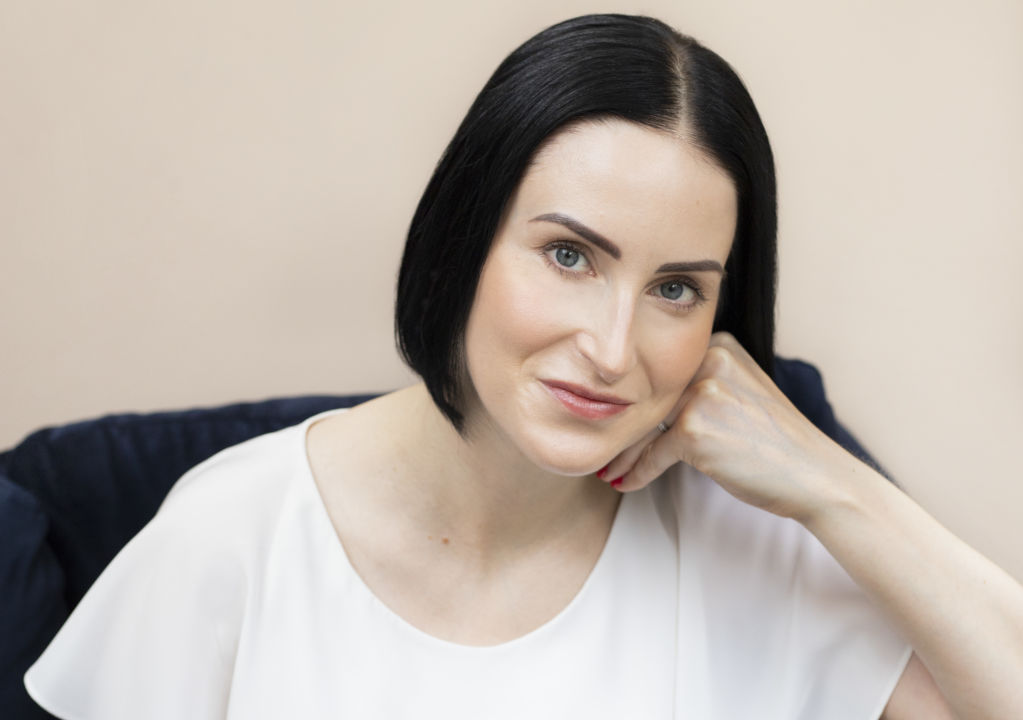
On being discharged, Yanchenko made the commitment to find a natural solution for her health and skin problem. In the meantime, house prices skyrocketed. This, combined with a period of not working, put her and her husband Wesley’s dream of home ownership on hold.
Through her journey, Yanchenko discovered a topical probiotic that totally alleviated her skin problems. The product was so effective, she wrote a business plan to develop a product range based on the ingredient and sold the idea to her business-savvy husband. The catch? Starting the business required a $170,000 cash injection – all her house deposit.
“But we talked with our financial adviser and he looked at the plan and said if we could get the returns we were showing him, we should maybe consider investing all our money in the venture,” she says.
With her business idea validated, Yanchenko set about establishing the business and brand with the funds from her hard-earned house deposit, money the couple had taken 13 years to save.
She used the money to develop a product range and paid a chemist to help her devise five formulas over which she would have full ownership. Some of the proceeds were injected into a brand strategy, as well as packaging, labelling and PR support. Now, Yanchenko has a fully fledged online business, with additional distribution through several chemists and specialists. “We’ve doubled our revenue quarter on quarter since we launched and we’re now profitable.”
Yanchenko is now taking a salary from the business. “I’m earning more than I was earning in my previous full-time job in design. We’ve been able to put money back into our savings and, with house prices lower thanks to COVID, we’re considering buying property. The house would also be our office and we need storage space for the business. Even though we took a roundabout way to get here, we’re in a better position now than when we didn’t have a business but we did have a house deposit.”
We recommend
We thought you might like
States
Capital Cities
Capital Cities - Rentals
Popular Areas
Allhomes
More
